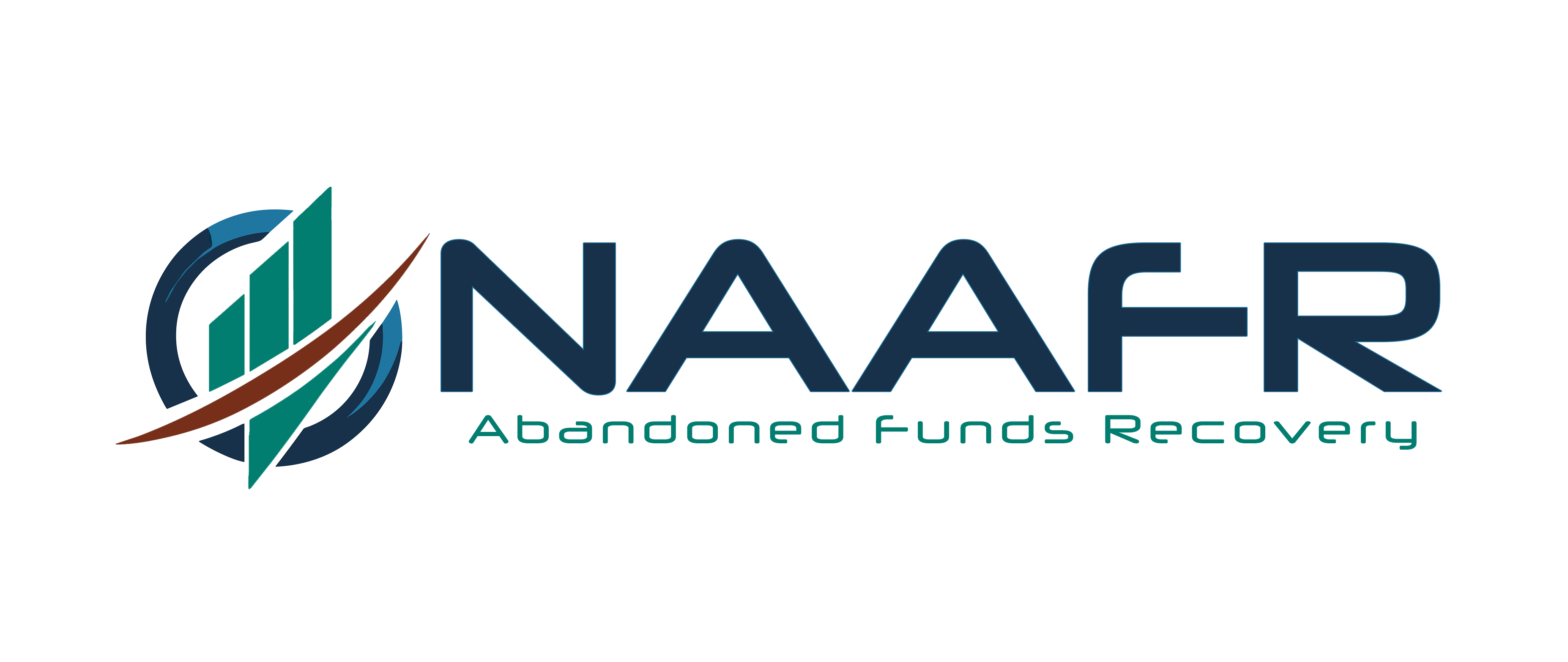If you’ve recently experienced a foreclosure or tax sale, you might be entitled to surplus funds, also known as excess proceeds. These funds are the remaining money after a property is sold, and all debts (such as mortgage balance, taxes, and liens) have been paid off. Unfortunately, many homeowners are unaware of this potential money, and these funds often go unclaimed. In this guide, we will provide tips and resources to help you determine if you have surplus funds and how to claim them.
What Are Surplus Funds?
Surplus funds are generated when a property is sold at a foreclosure auction or tax sale for more than the total amount owed. For example, if your property sells for $250,000, but the debt owed is only $200,000, the remaining $50,000 is considered surplus funds. As the former homeowner, you may have the right to claim these funds, provided there are no other parties (such as lien holders) with a legal claim to them.
How to Check If You Have Surplus Funds
To find out if you are entitled to any surplus funds after a foreclosure or tax sale, follow these steps:
1. Check with Your County or Local Government Office
Your local county government office, such as the county clerk, treasurer, or tax collector’s office, is the first place to check for surplus funds. Here’s what you can do:
- Visit the Office in Person: Go to your county courthouse or government office and ask for information about unclaimed surplus funds from foreclosures or tax sales. Bring identification and any documents related to your property.
- Search Online: Many counties have online databases of unclaimed funds. Visit the county’s official website and look for sections related to unclaimed property, surplus funds, tax sales, or foreclosures.
- Call the Office: If online resources are unavailable, call the county clerk, treasurer, or tax collector’s office directly. They can provide information on whether there are any unclaimed surplus funds in your name.
2. Look for Public Notices
Counties are often required by law to publish notices of unclaimed surplus funds in local newspapers, legal bulletins, or on their websites. Regularly check these sources to see if your name appears in any listings related to surplus funds.
3. Contact the Trustee or Foreclosure Attorney
If your property was sold through a foreclosure, the trustee or attorney handling the sale might have information about any surplus funds. Reach out to them directly with details about the foreclosure and the property sale. They can confirm if excess proceeds were generated and guide you on how to claim them.
4. Hire a Surplus Funds Recovery Specialist
Surplus funds recovery specialists are professionals who help homeowners recover excess proceeds after a foreclosure or tax sale. They can:
- Research on Your Behalf: These specialists have experience navigating county offices and legal procedures, making it easier to determine if you have unclaimed funds.
- Handle the Paperwork: They can assist with the necessary paperwork and meet all legal requirements to claim your funds.
- Work on Contingency: Most specialists work on a contingency basis, meaning they take a percentage of the recovered funds as their fee. Make sure to understand the terms before engaging their services.
5. Know Your Rights and Deadlines
Each state has specific laws regarding the recovery of surplus funds, including deadlines for filing claims. It’s important to understand:
- Statute of Limitations: Find out how long you have to claim surplus funds. Some states may allow only a few months, while others provide several years.
- Homeowner’s Right to Claim: Generally, the former homeowner has the first right to claim any surplus funds. However, other parties, such as second mortgage holders or lienholders, may also have a claim.
6. Review Your Foreclosure Documents
Carefully review any documents related to your foreclosure or tax sale. These may include notices from the lender, court documents, or communications from the trustee or attorney. Look for sections that mention “excess proceeds,” “surplus funds,” or similar terms that indicate there may be unclaimed money.
7. Consult an Attorney
If you are unsure about the process or your rights, consulting with a real estate or foreclosure attorney can be beneficial. An attorney can:
- Provide Legal Guidance: Help you understand your rights and the necessary steps to recover any surplus funds.
- Assist with Filing a Claim: Guide you through the process, including preparing and submitting any required legal documents.
8. Monitor Your Credit Report
Sometimes, unclaimed funds may show up as a “credit balance” or “balance due” on your credit report. Regularly monitoring your credit report can help you identify any potential surplus funds or suspicious activity.
9. Be Aware of Scams
Unfortunately, scams targeting homeowners with potential surplus funds are common. To protect yourself:
- Verify Third-Party Claims: Ensure that any company or individual claiming to help recover your funds is reputable and has a verifiable track record.
- Avoid Upfront Fees: Be wary of anyone asking for upfront fees to recover your funds. Legitimate recovery specialists or attorneys usually work on a contingency basis.
- Do Your Research: Use the resources mentioned above to verify whether surplus funds exist before agreeing to any services.
Conclusion
Recovering surplus funds after a foreclosure or tax sale can provide financial relief, but the process varies depending on local regulations and individual circumstances. By understanding your rights, utilizing available resources, and taking proactive steps, you can determine if you are entitled to any excess proceeds and claim them before the deadline.
Follow these tips and use the resources available to navigate the process of finding and claiming surplus funds that may rightfully belong to you.



